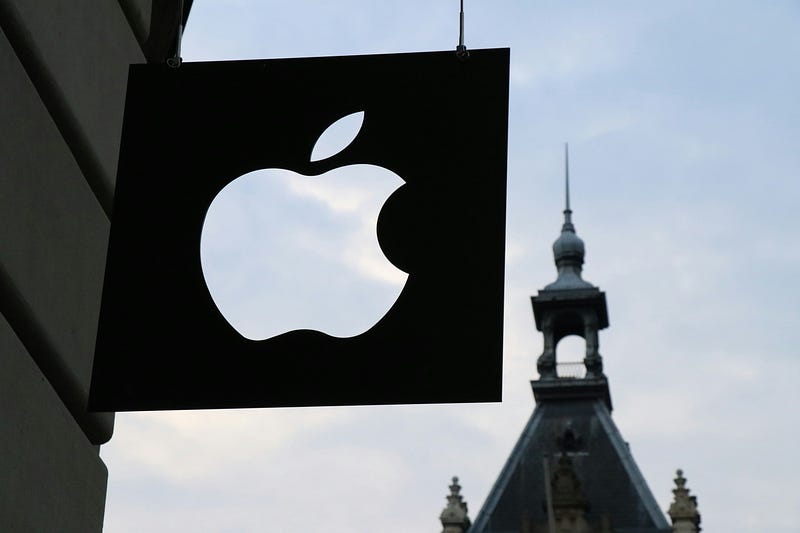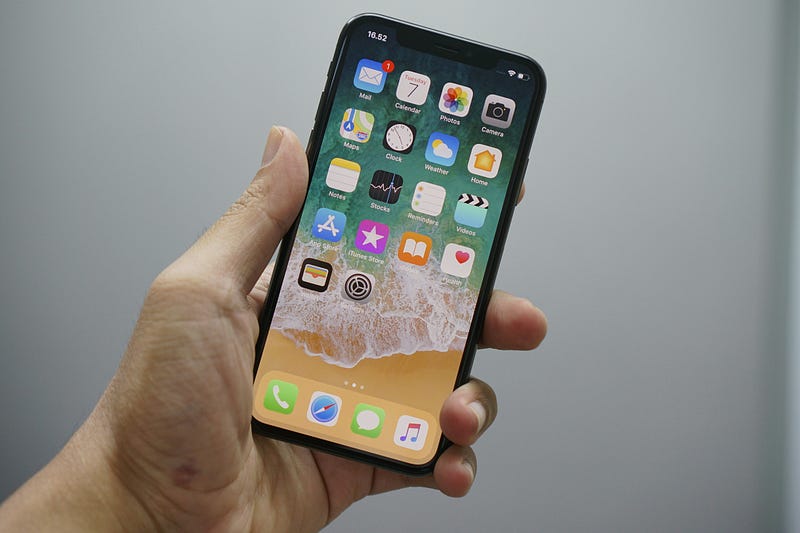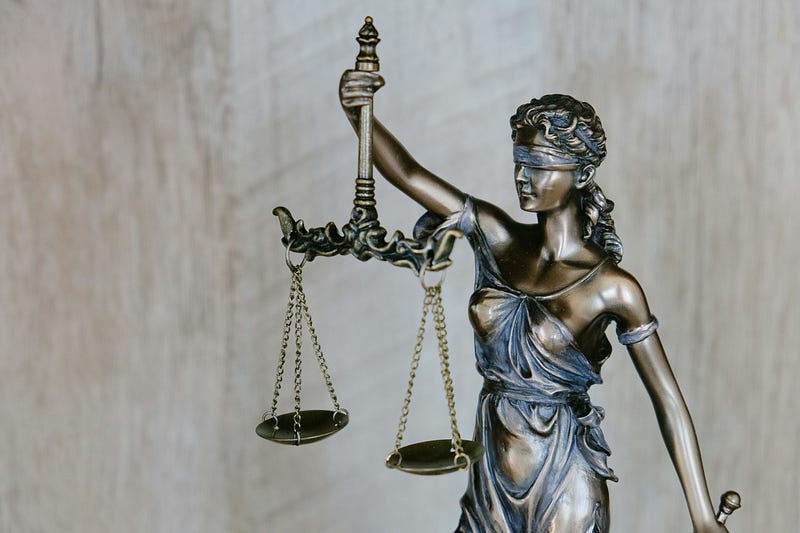
Unpacking the controversy around Apple’s throttling of older iPhones — was it a greedy ploy or a necessary measure? Get ready for a rollercoaster ride through the facts, accusations, and potential consequences of this tech saga.
Grab your popcorn, folks, because the drama surrounding Apple’s decision to throttle older iPhone models is about to unfold like a blockbuster thriller. On one side, we have outraged users accusing the tech giant of planned obsolescence — a sinister plot to force upgrades and rake in more cash. On the other, Apple vehemently denies any wrongdoing, claiming they were simply looking out for our beloved devices’ well-being.
Whose side are you on? The enraged mob with pitchforks raised high, or team Apple defending their honor?
So, what exactly went down, and why has this issue sparked such a fiery debate? Let’s dive deep into the nitty-gritty details and separate fact from fiction.
The Origin Story: When Batteries Went From Superheroes to Mere Mortals
Every superhero has an Achilles’ heel, and for our beloved iPhones, it’s the battery. As these power-packed cylinders age, their capacity to deliver peak performance starts to dwindle. Enter Apple’s controversial move — implementing a software update that throttles (or slows down) the performance of older iPhones with degraded batteries.
Have you ever experienced sudden shutdowns or performance hiccups with an aging iPhone? Share your experiences!
Apple’s Rationale: Protecting User Experience or Pulling a Fast One?

According to Apple, their intentions were noble — to prevent unexpected shutdowns and potential hardware damage that could result from an aging battery’s inability to handle peak power demands. By throttling performance, they claim to have extended the lifespan of older iPhones, ultimately protecting user data and providing a smoother experience.
However, critics aren’t buying it. They argue that Apple should have been transparent about the battery health issue and given users the choice to either accept throttling or risk shutdowns. Instead, the company is accused of deliberately crippling performance to nudge users towards upgrading to newer (and more expensive) models.
Short note: Transparency or user safety — which side of the debate resonates more with you? Let’s discuss!
The Legal Battleground: A Class-Action Lawsuit Brews
As the controversy intensified, a class-action lawsuit was filed against Apple, alleging deliberate “planned obsolescence” — a term that strikes fear into the hearts of tech enthusiasts worldwide. The plaintiffs argue that Apple’s actions were a deceptive ploy to boost sales, violating consumer trust and potentially costing users hundreds of dollars in premature upgrades.
Apple, naturally, is fighting back tooth and nail, maintaining their stance that throttling was a necessary measure to safeguard user experience and protect hardware integrity.
Have you ever felt pressured to upgrade your device prematurely? Share your experiences and thoughts on planned obsolescence.
Potential Consequences: A Pandora’s Box of Possibilities
If Apple loses this legal battle, the ripple effects could be seismic, potentially reshaping the tech landscape as we know it. Here are a few potential outcomes:
1. Forced Transparency: Apple might be compelled to provide clearer battery health information and offer users more control over throttling — a win for consumer rights advocates.
2. The Rise of the “Right to Repair” Movement: This controversy could fuel the growing “Right to Repair” movement, advocating for easier and more affordable battery replacements, empowering users to extend the lifespan of their devices.
3. Battery Innovation Renaissance: Faced with mounting pressure, Apple (and other manufacturers) might be motivated to invest in developing more durable batteries that maintain peak performance over longer lifespans, ushering in a new era of battery technology.
What potential consequences worry or excite you the most? Let’s speculate on the future of smartphone batteries and user rights.
Finding the Elusive Middle Ground: A Neutral Perspective

In any heated debate, the truth often lies somewhere in the murky middle ground. While Apple’s lack of transparency was undoubtedly a misstep, their argument about protecting user experience and hardware integrity holds some water. After all, no one wants their precious iPhone to abruptly shut down mid-task, potentially leading to data loss and frustration.
However, that doesn’t absolve Apple of responsibility. A more balanced approach could involve:
1. Clearly communicating battery health information to users and educating them on the trade-offs between throttling and potential shutdowns.
2. Offering users a choice — prioritize peak performance at the risk of shutdowns, or accept throttling for improved battery life and stability.
3. Ensuring readily available and affordable battery replacement options, empowering users to extend the lifespan of their devices without breaking the bank.
What would be your ideal solution? How can tech companies strike the right balance between user experience, hardware protection, and consumer rights?
An Ongoing Saga with No Clear Winner (Yet)
As the legal battle rages on, the ultimate impact of Apple’s iPhone slowdown saga remains shrouded in uncertainty. One thing is clear, though — this controversy has ignited a crucial conversation about corporate responsibility, user rights, and the delicate balance between technological innovation and ethical business practices.
Only time will tell if Apple emerges victorious or faces heavy consequences. But one thing is certain — the ripple effects of this case will be felt throughout the tech industry for years to come, shaping the way we perceive and interact with the devices that have become indispensable parts of our daily lives.
Share your final thoughts and predictions on the outcome of this case and its broader implications for the tech world.
So, there you have it — a deep dive into the great iPhone slowdown debate, complete with all the juicy details, potential consequences, and a neutral perspective that acknowledges the complexities of this issue. Grab some popcorn, folks, because this saga is far from over!
